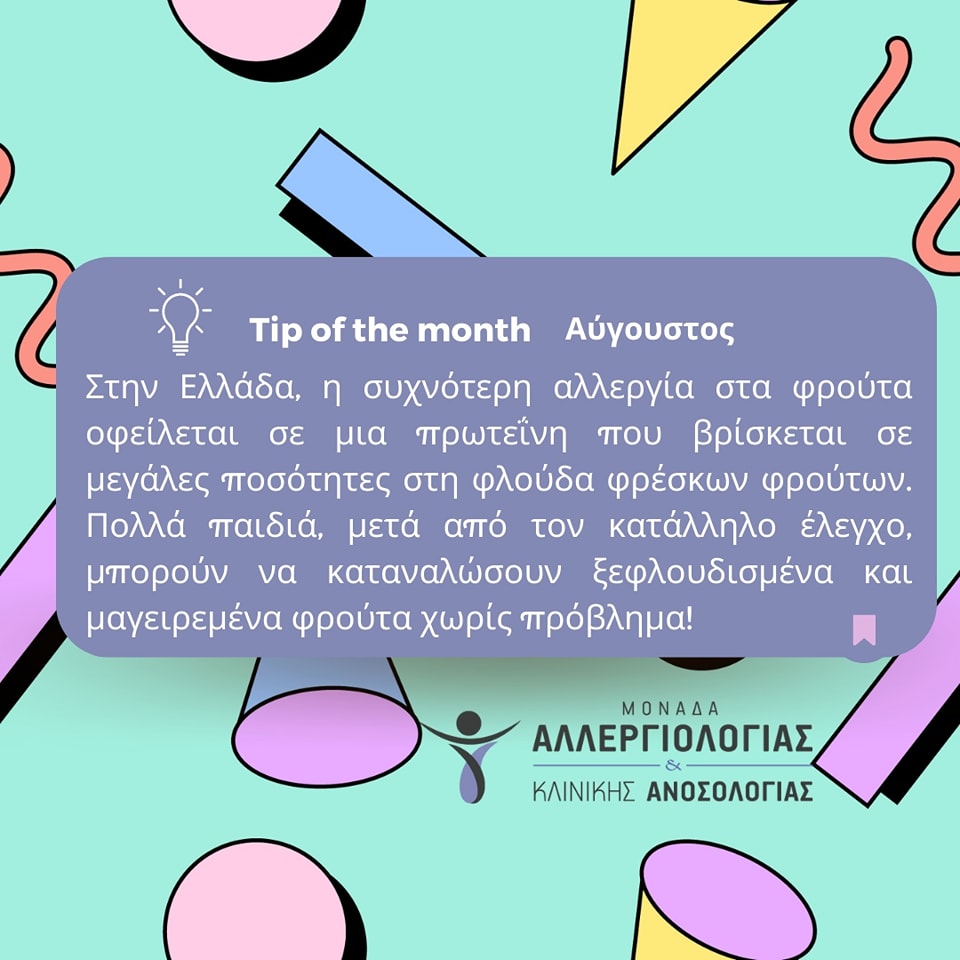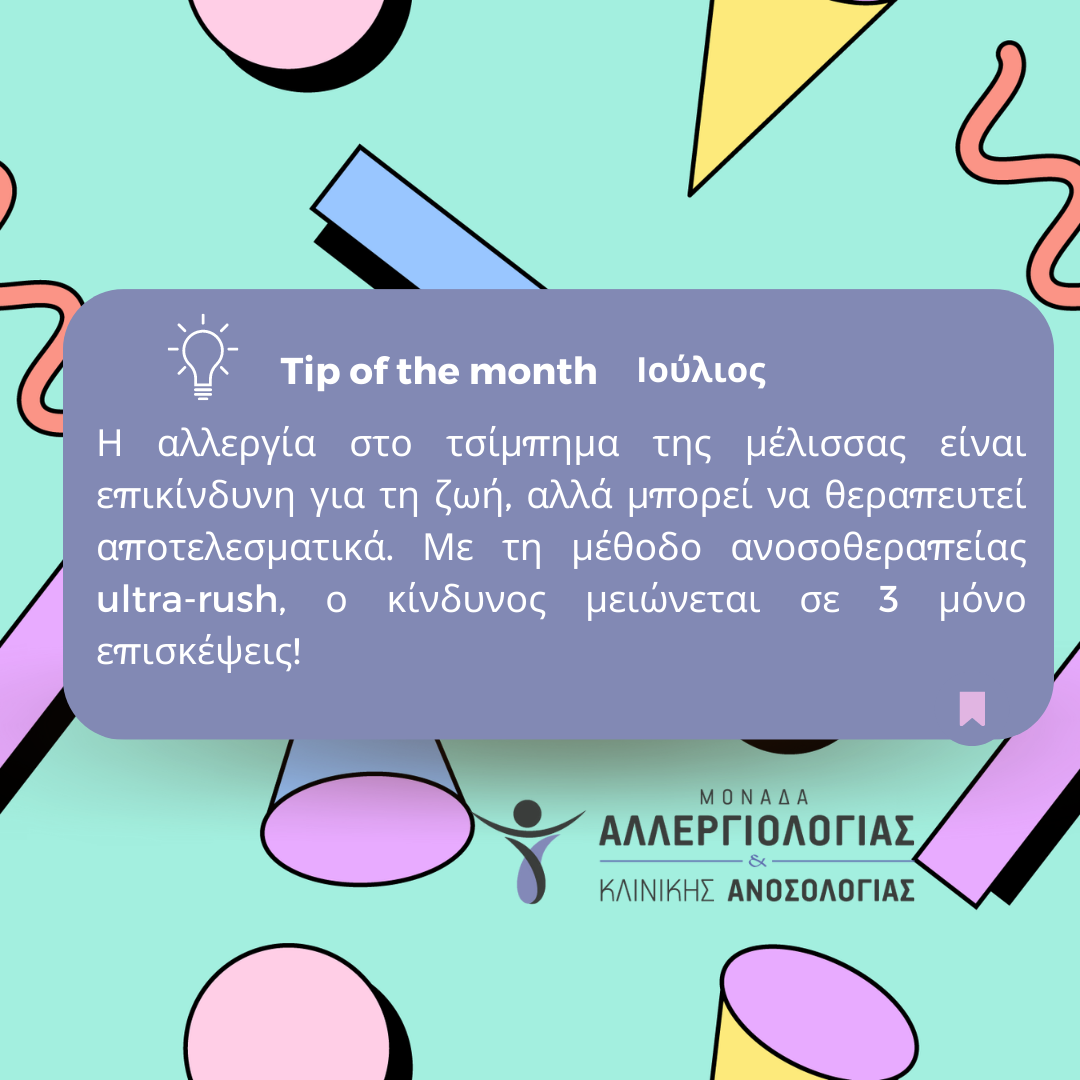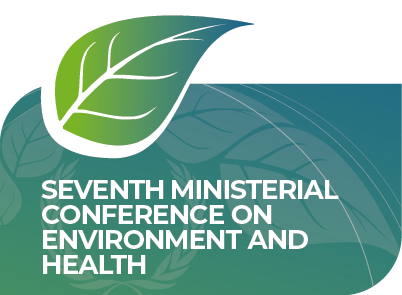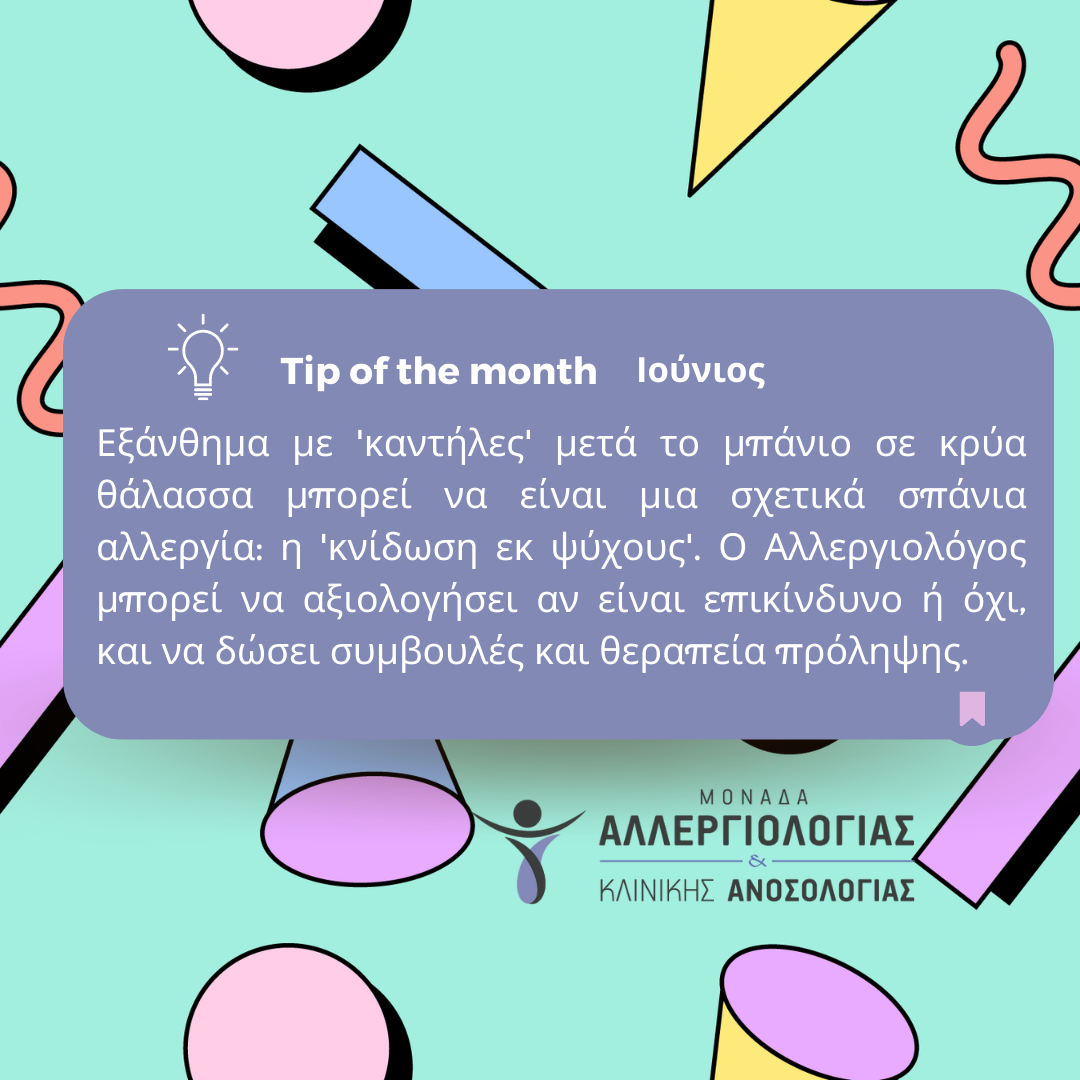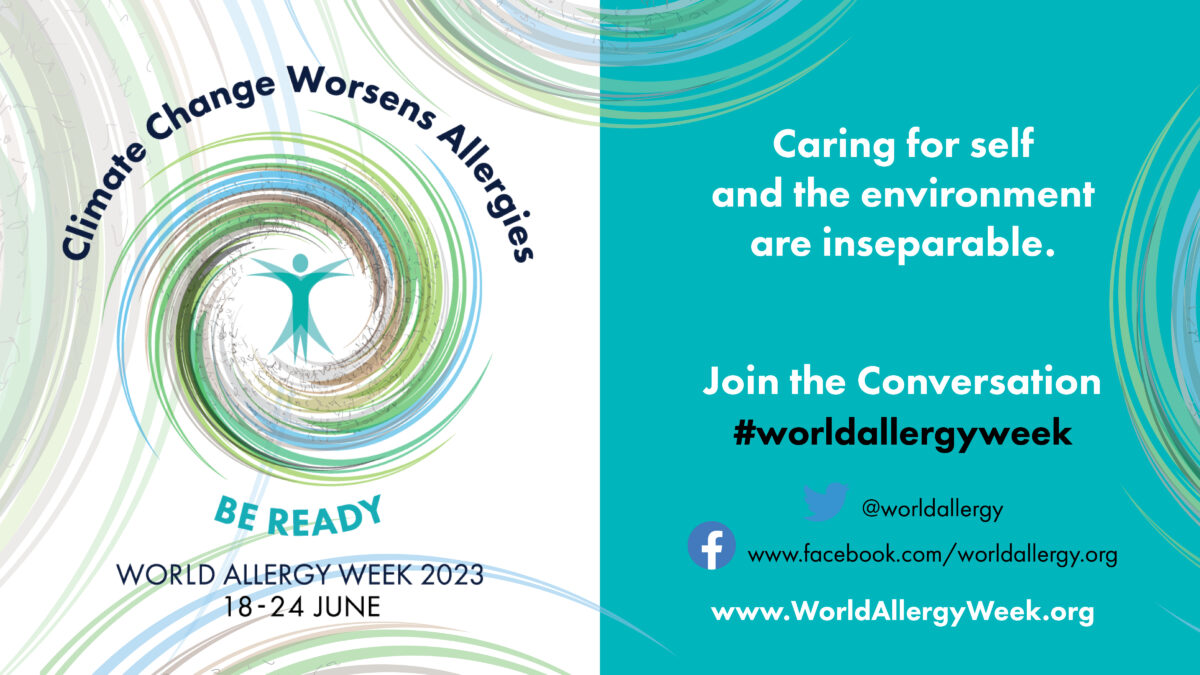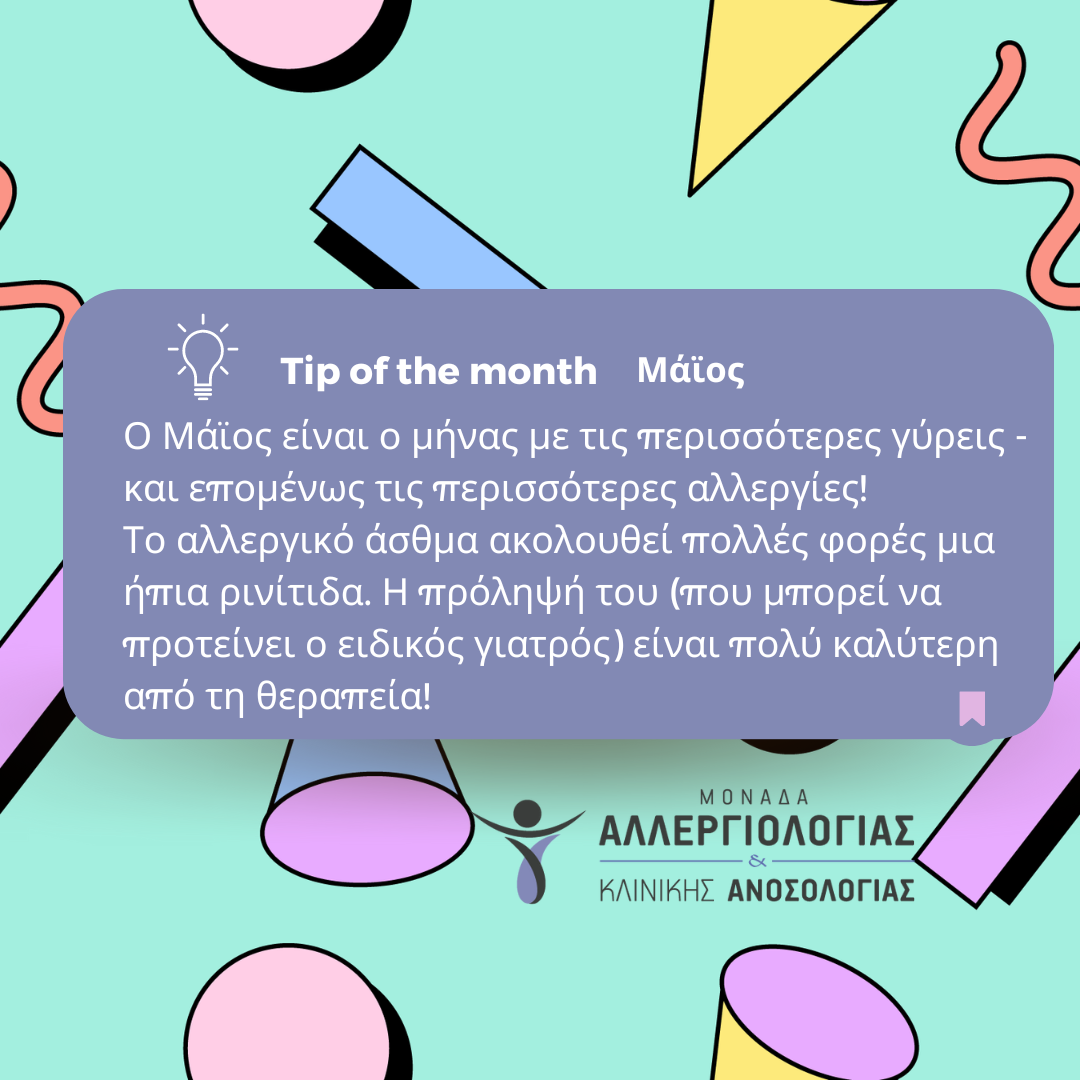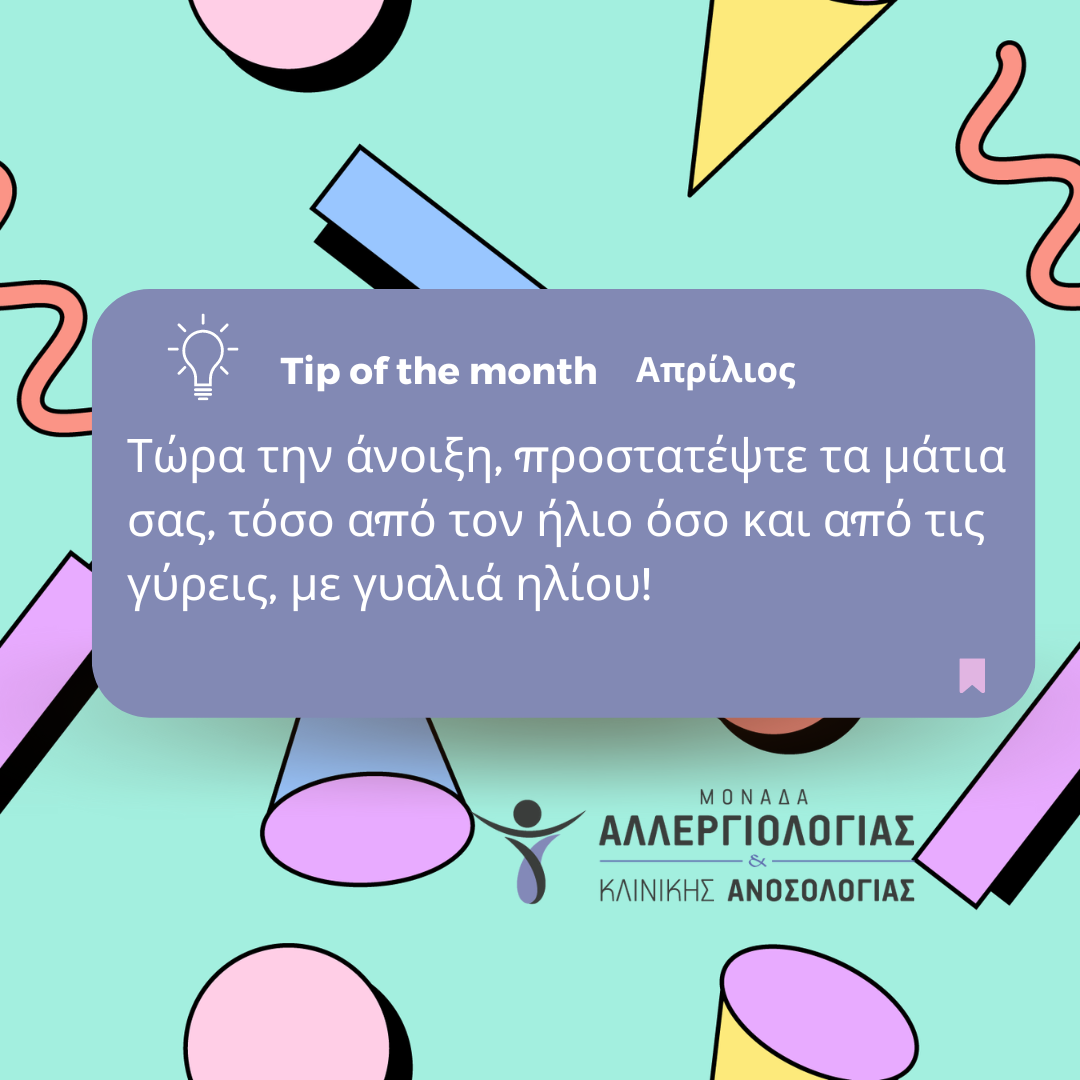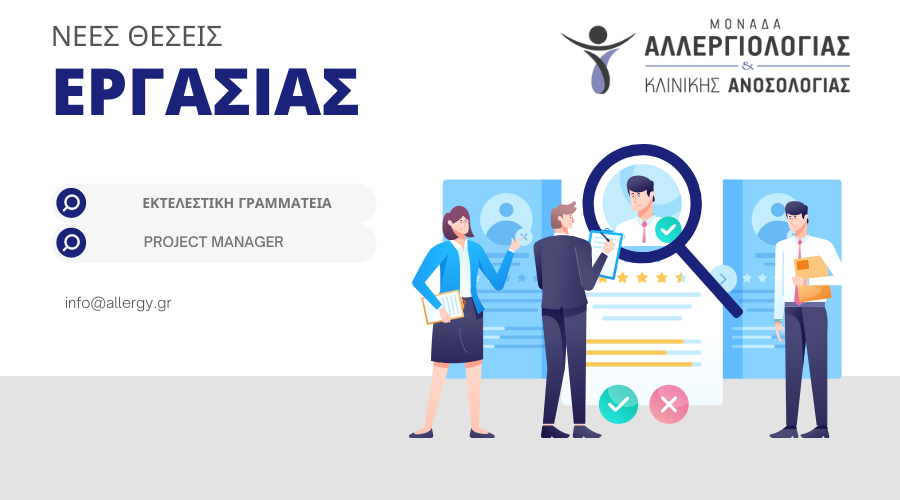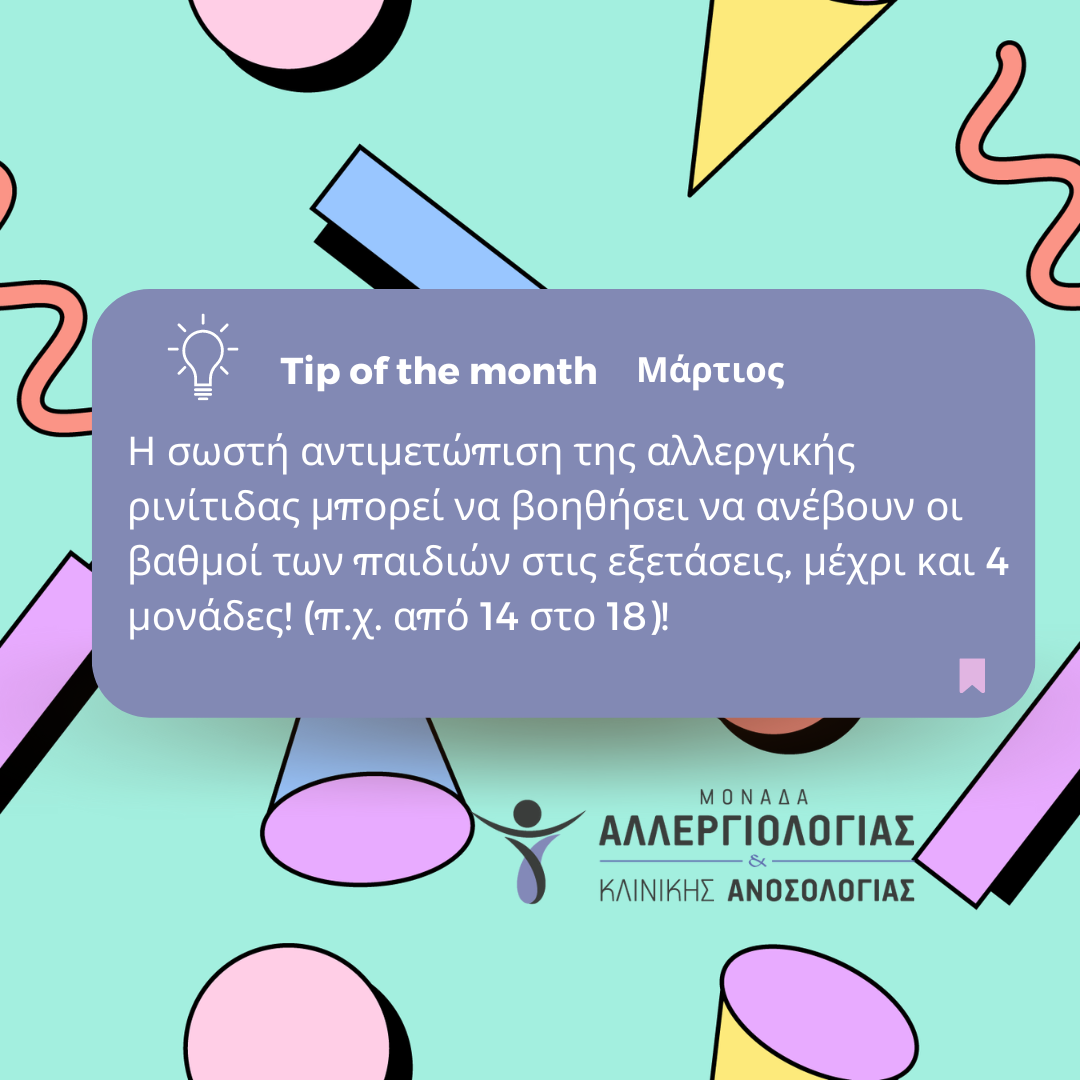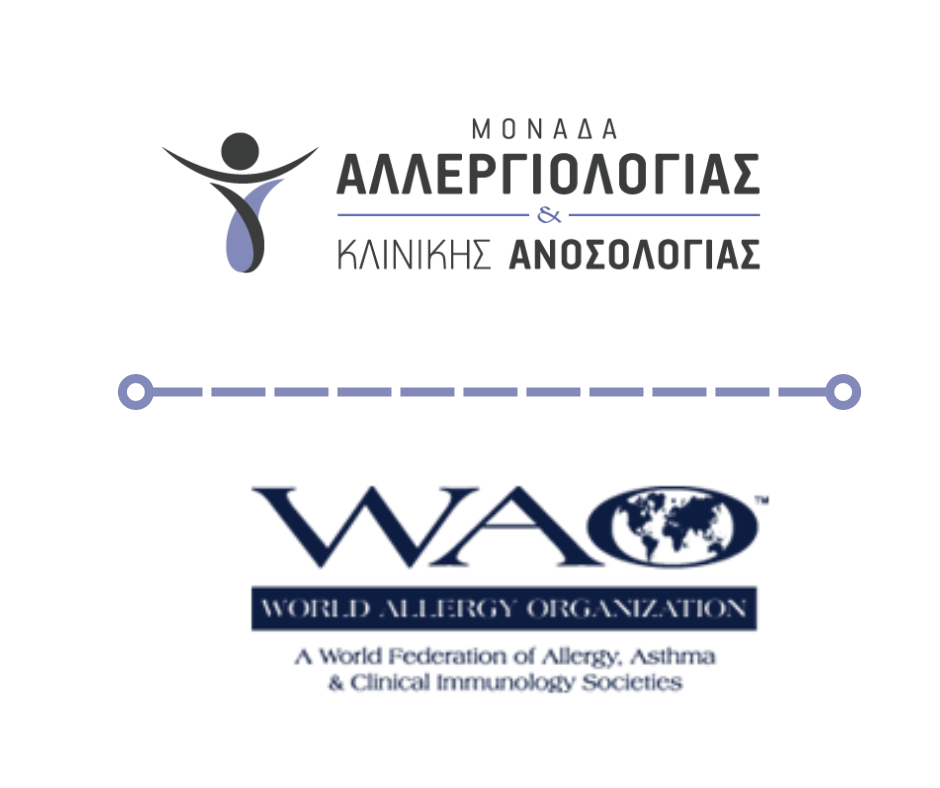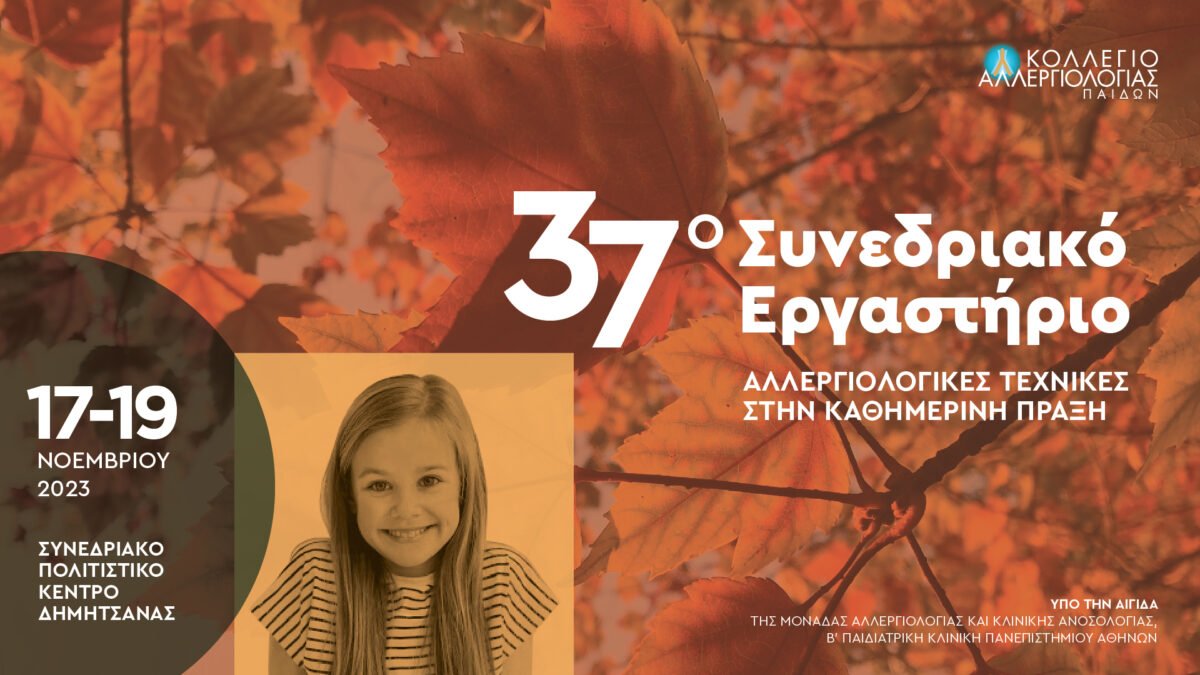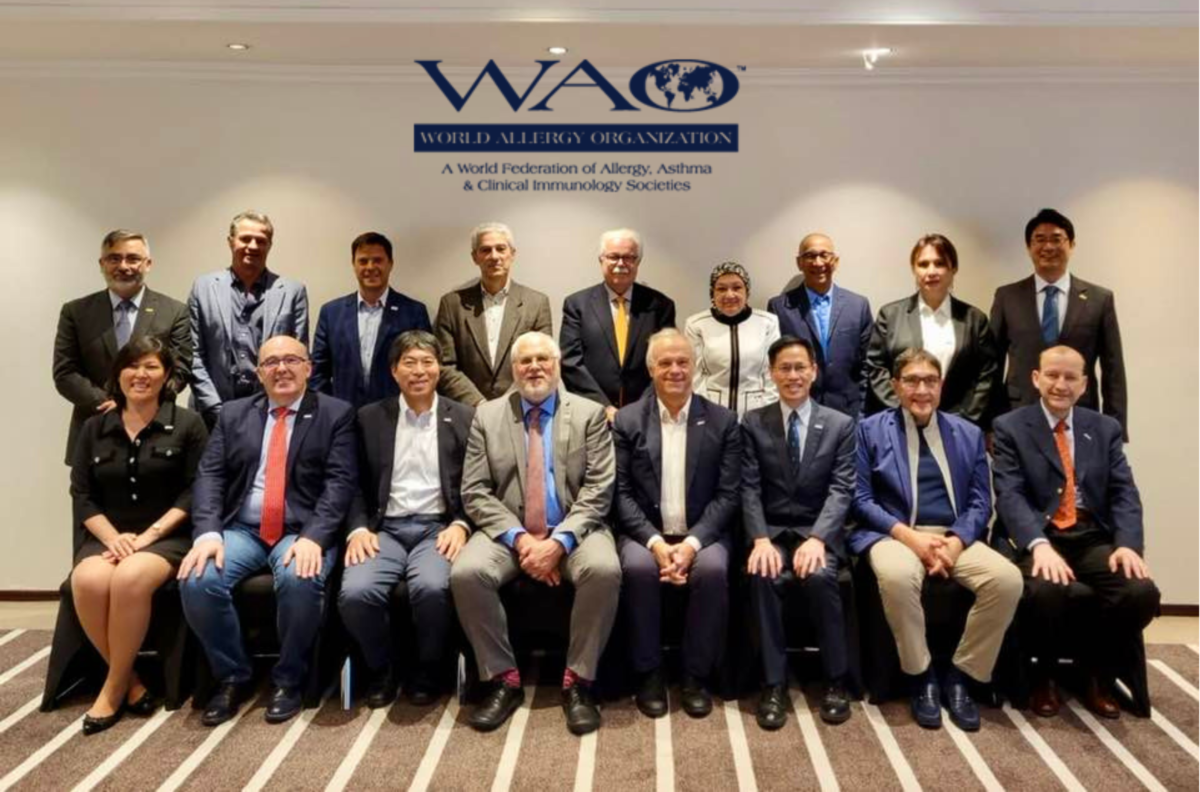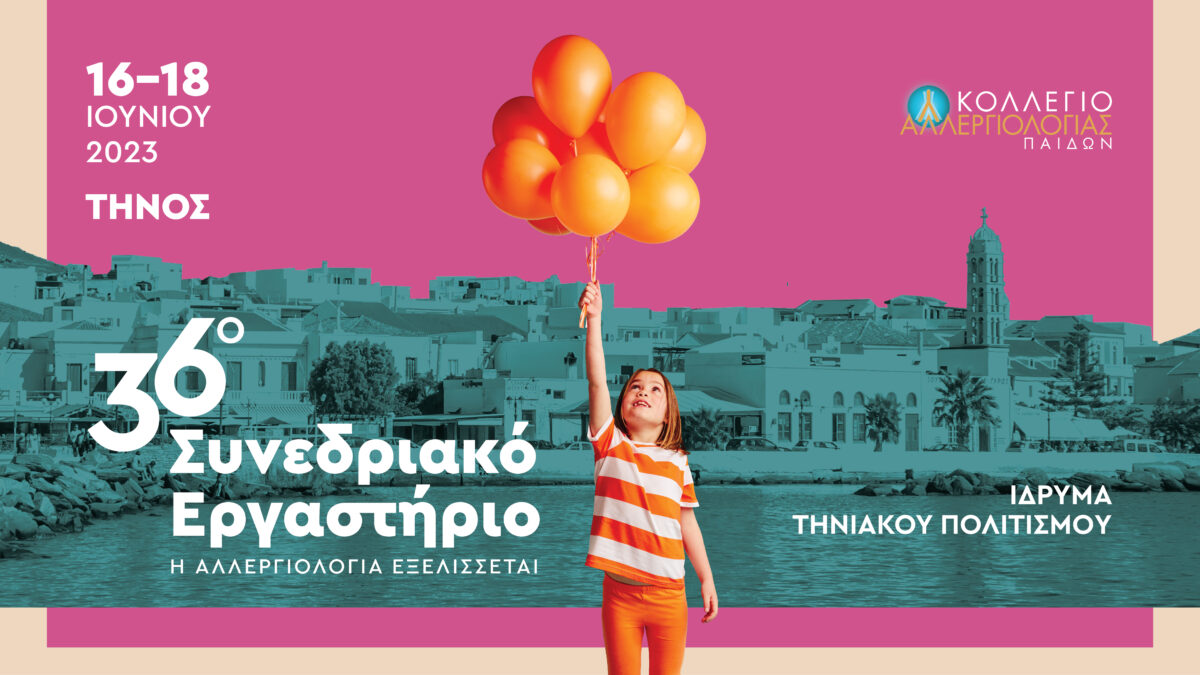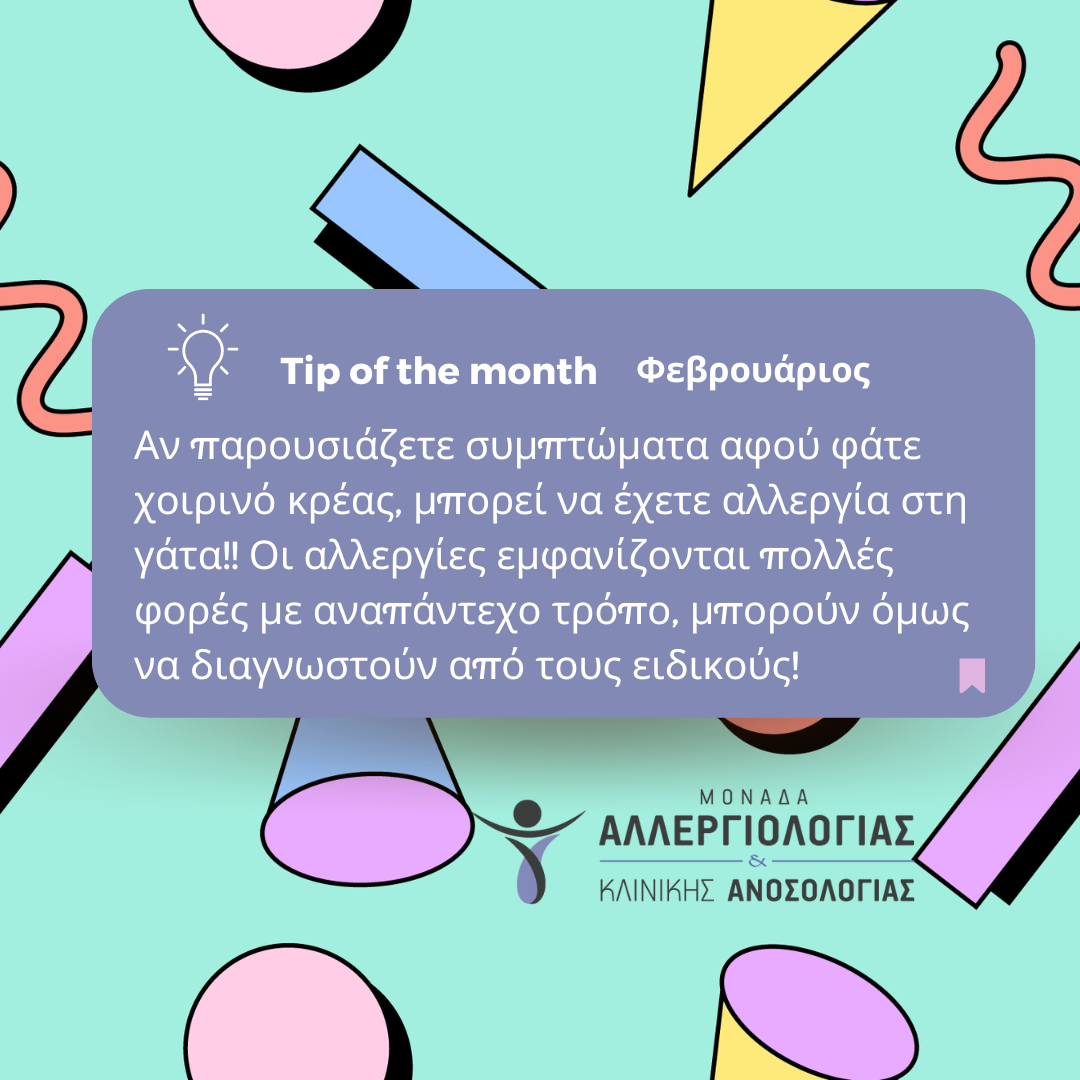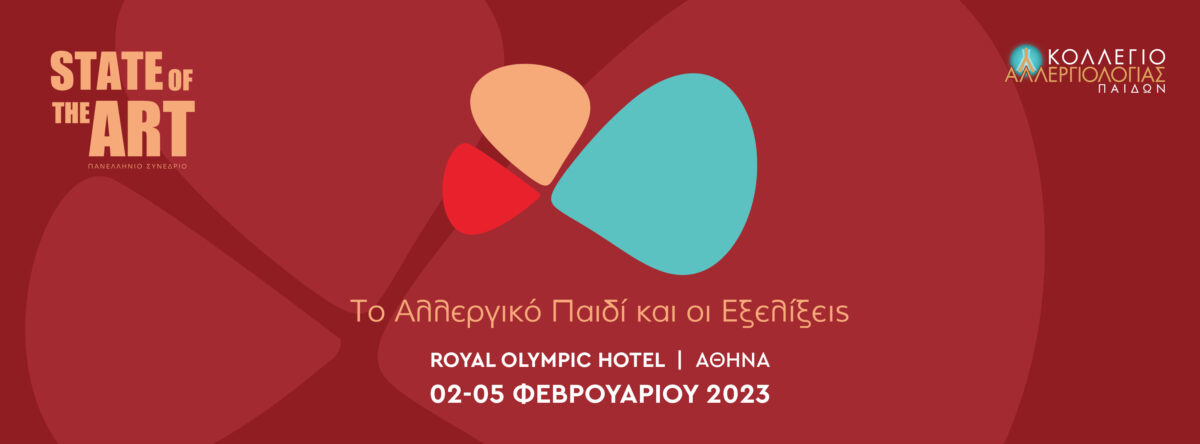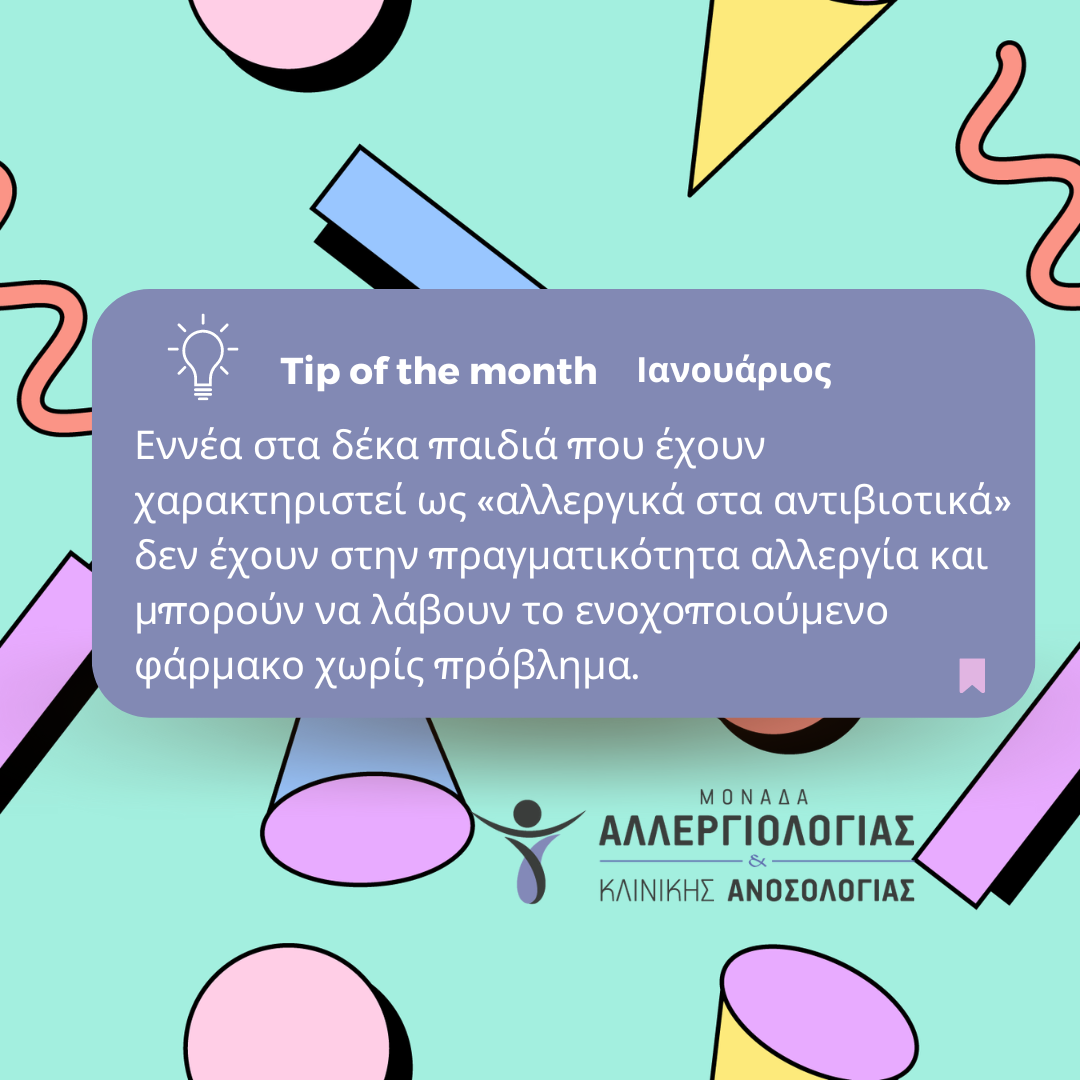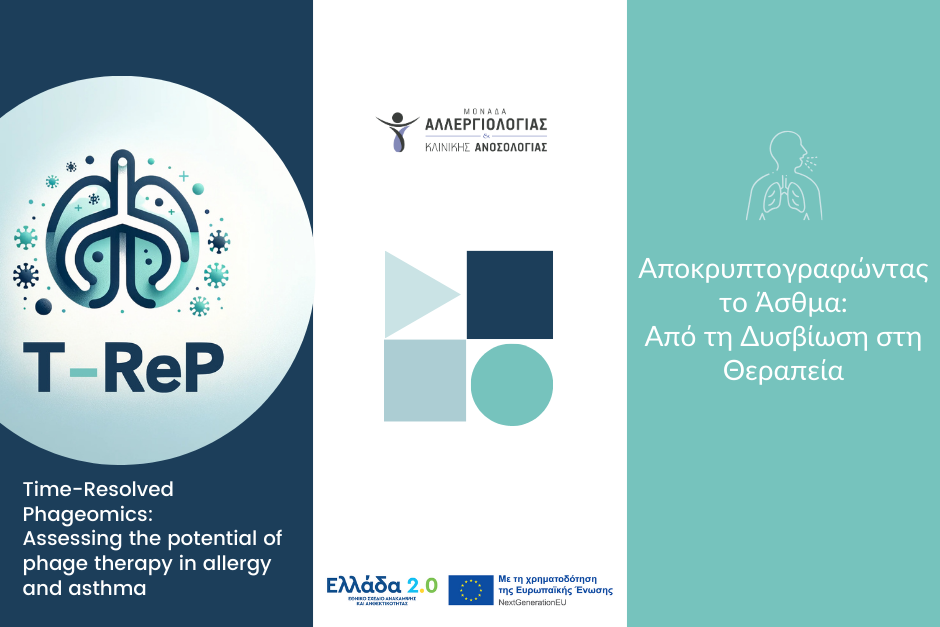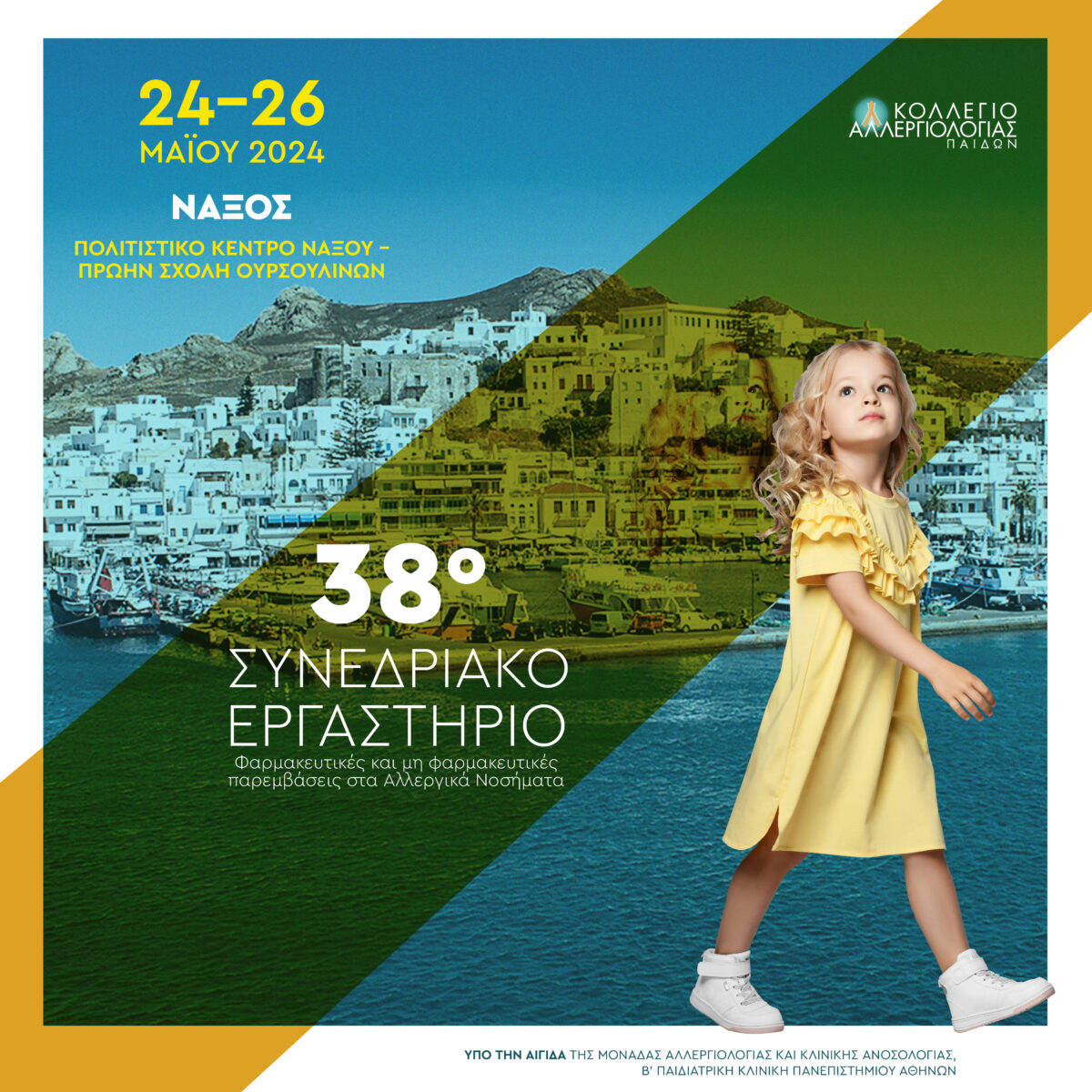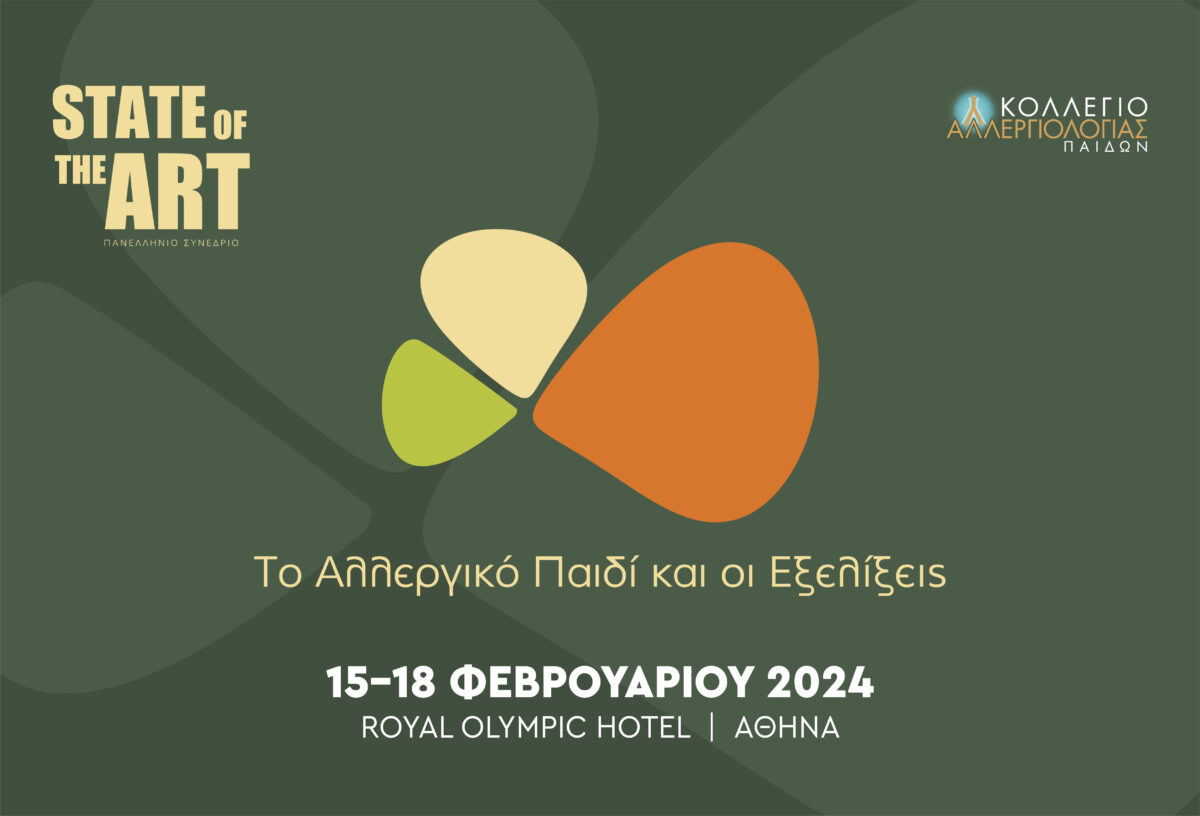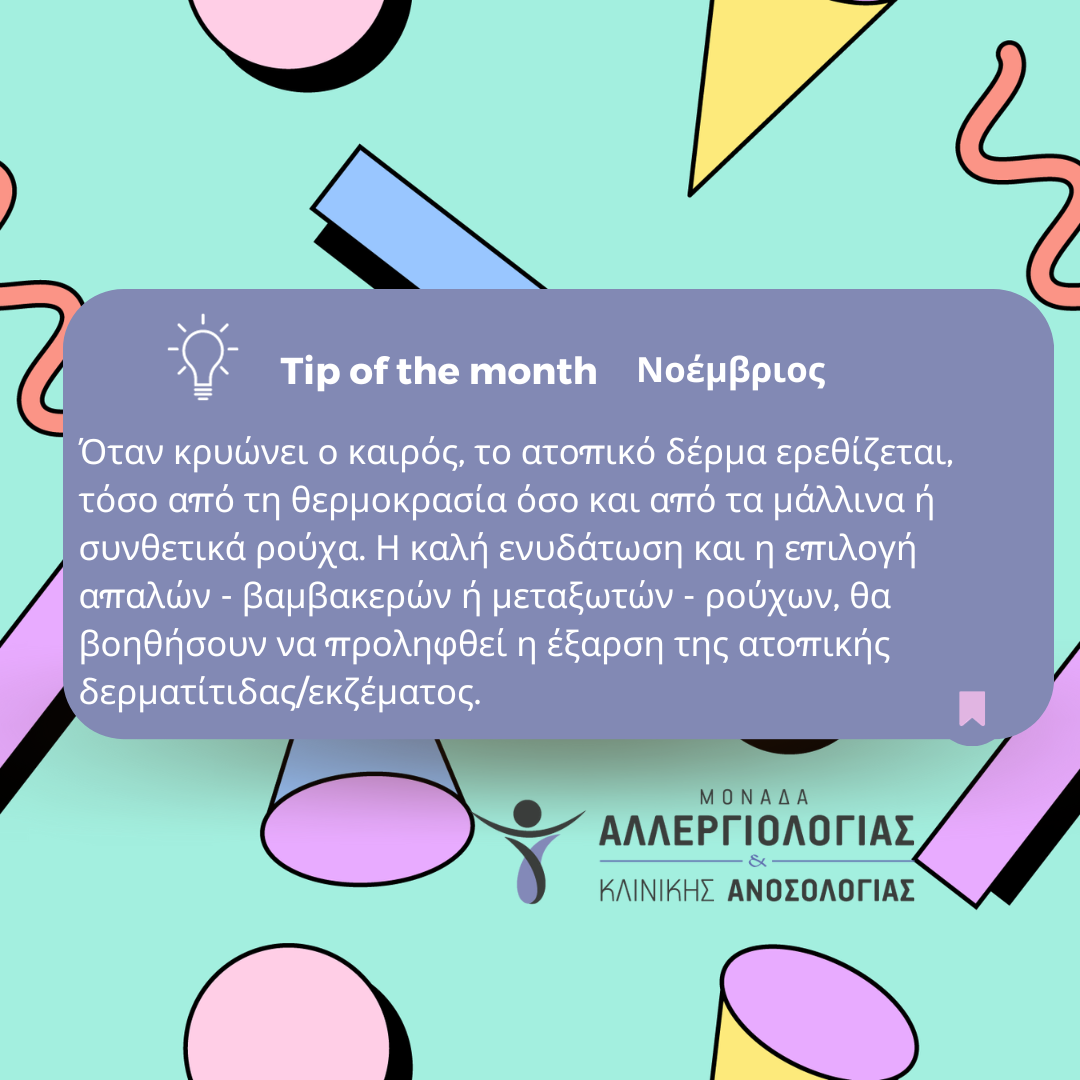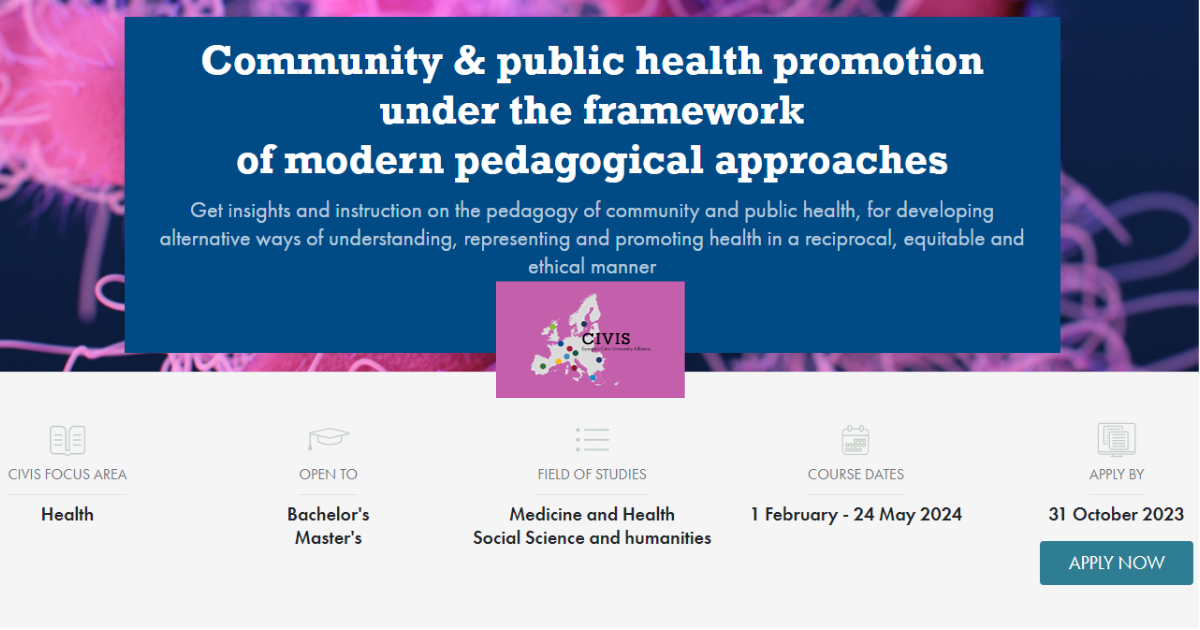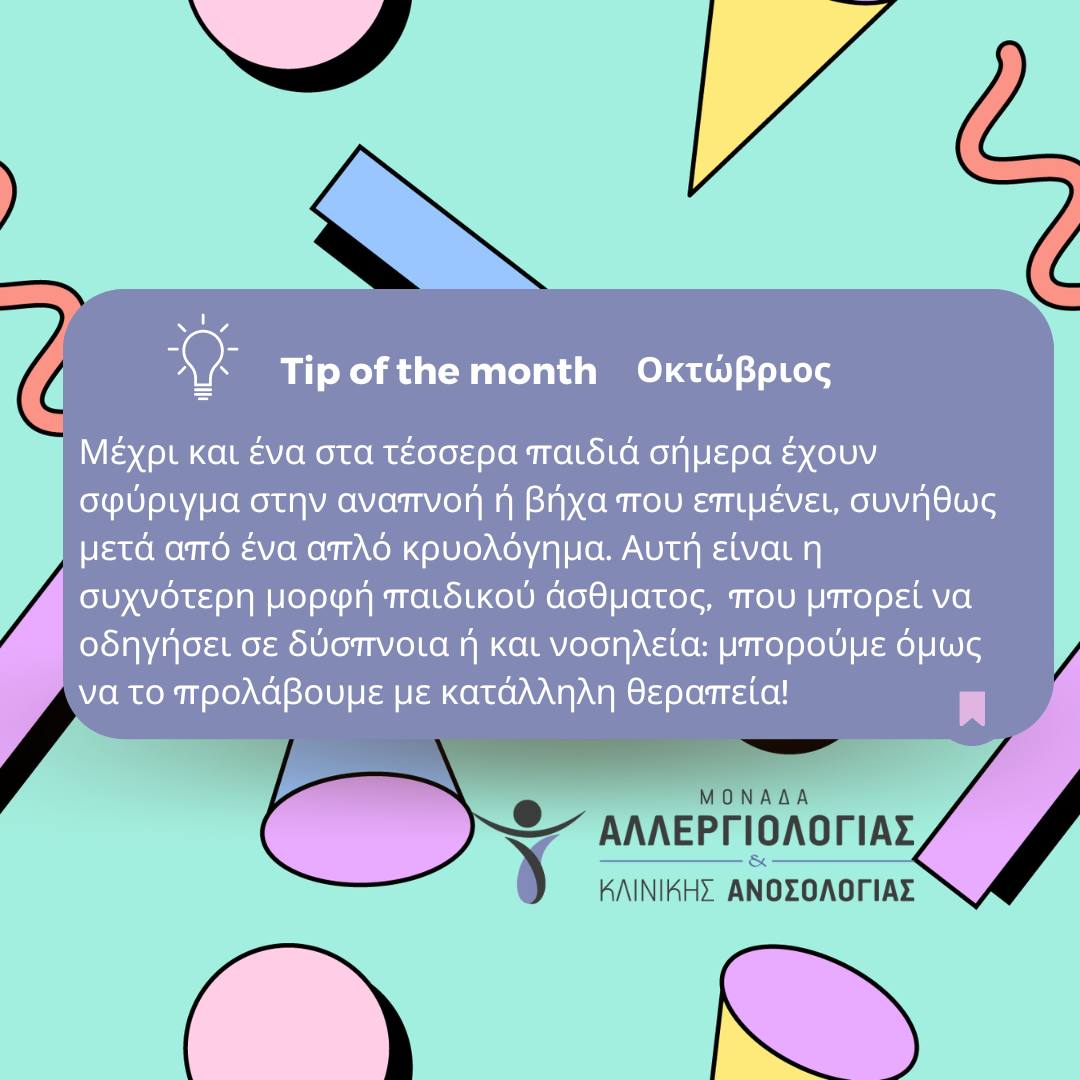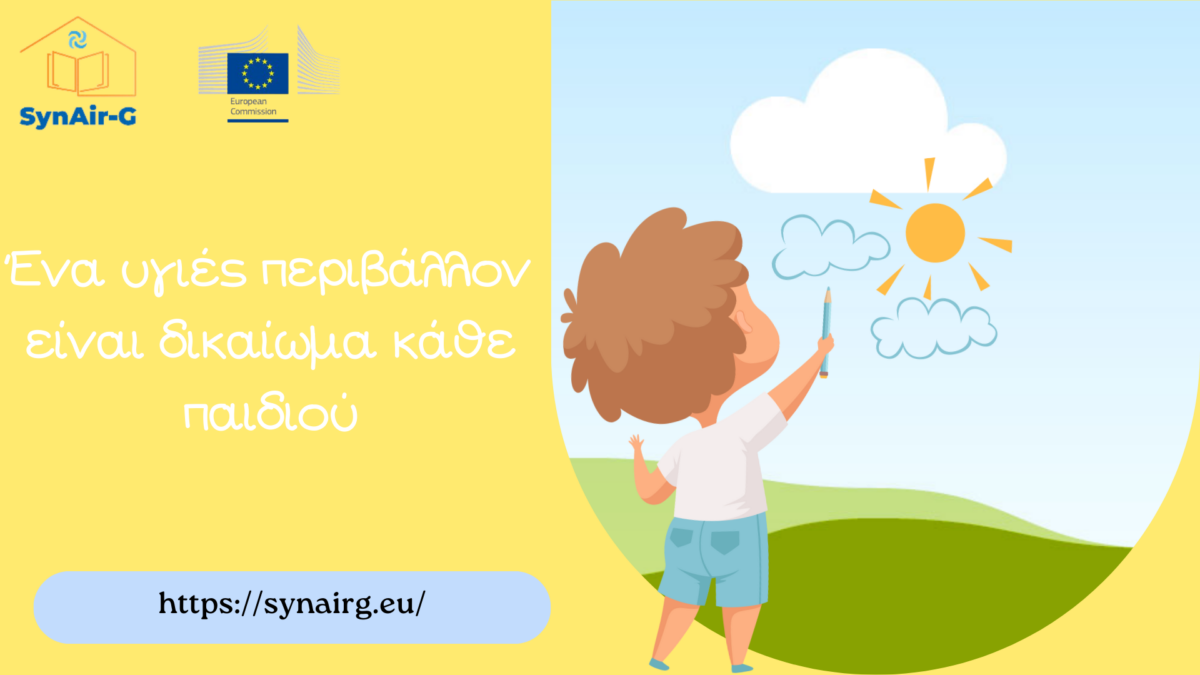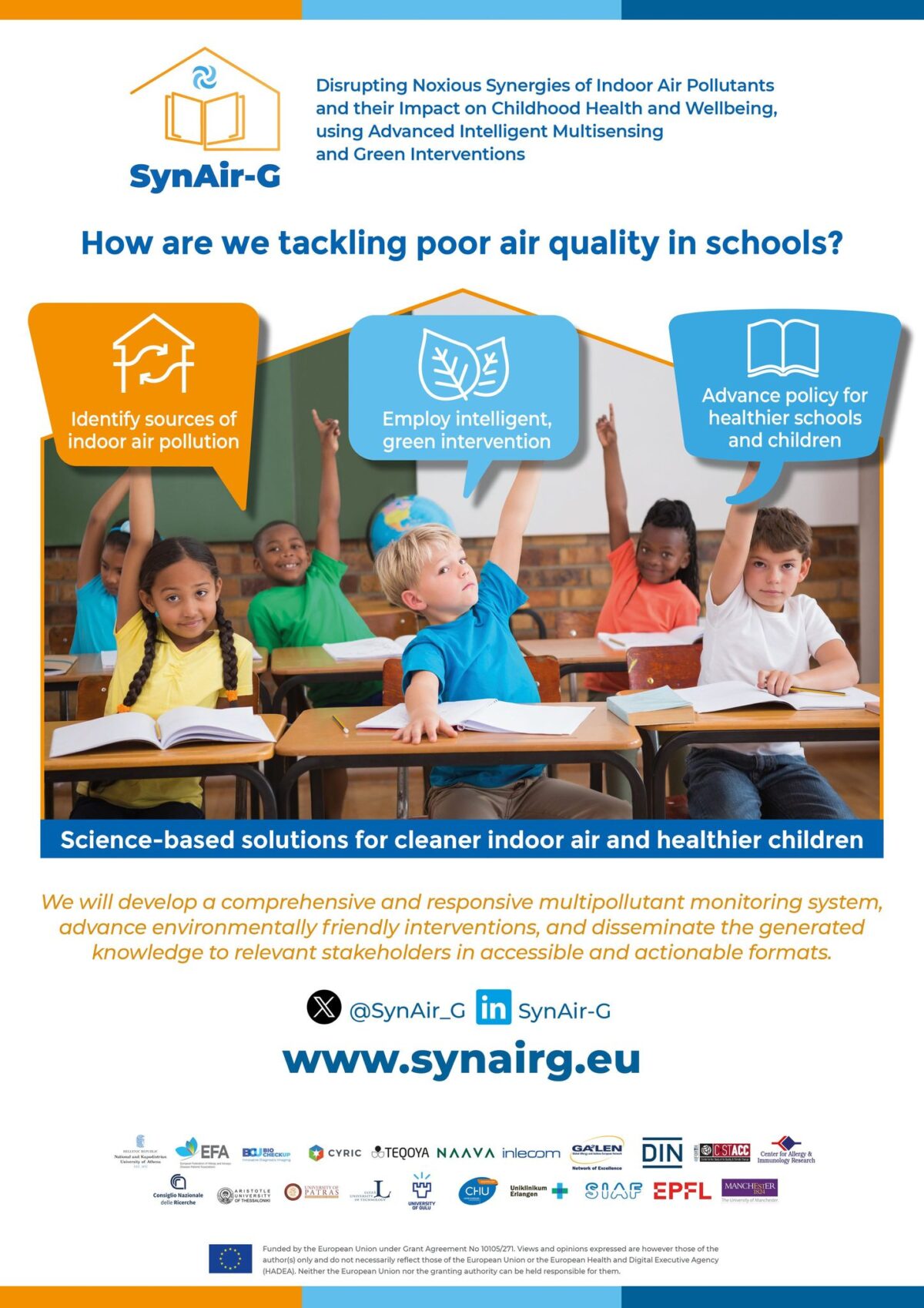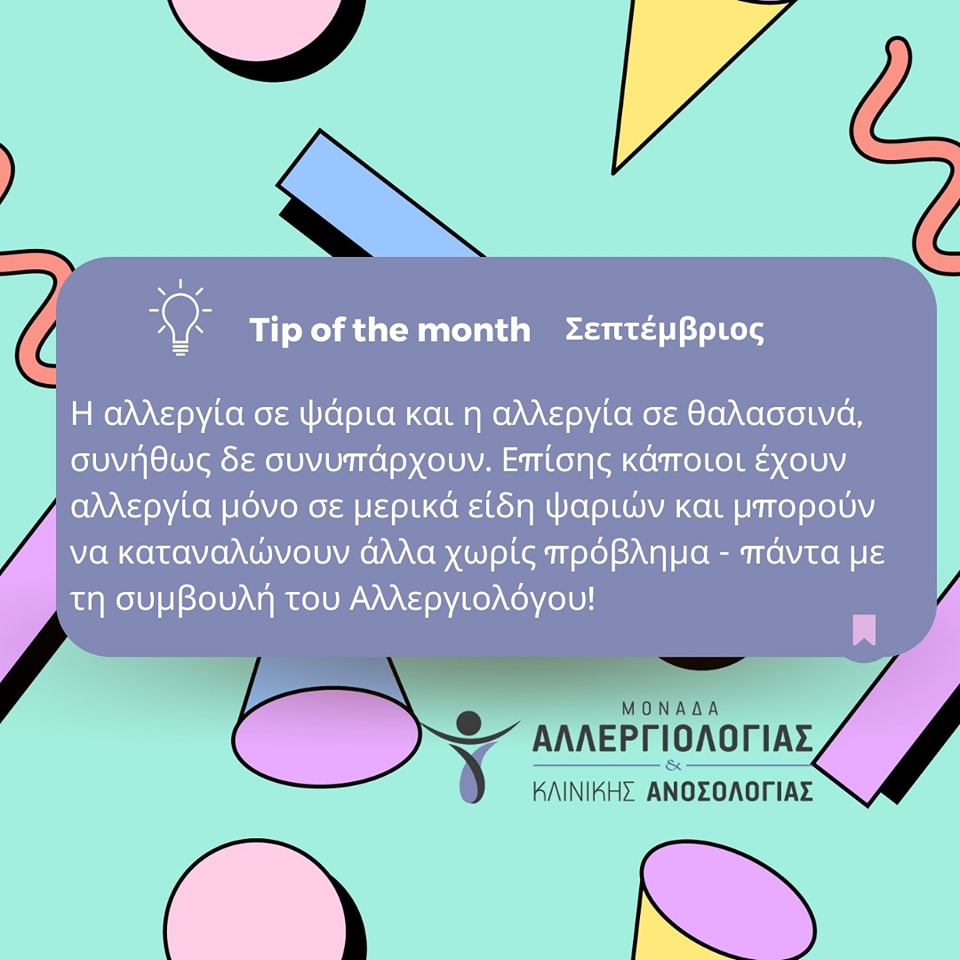The Program T-ReP is our newly funded research program. Chronic respiratory diseases, such as asthma, are leading health problems of the 21st century. Viral and particularly rhinoviral infections are a major trigger of exacerbations, also promoting airway remodeling and disease persistence. However, the current state-of-the-art suggests that the whole microbiome, rather than a single microorganism, is widely disturbed in asthma, bringing forward the potential of the microbiome as a treatment target. Yet, microbiome studies have largely focused on bacteria. Pioneering the study of the respiratory virome in asthma, we have previously discovered that children with asthma have a characteristically dysbiotic virome that correlates to disease severity and control. A major component of such dysbiosis is bacteriophage deficiency, while eukaryotic viral presence is increased. Recently, we have also identified longitudinal instability, as a key characteristic of airway microbiome dysbiosis in asthma.
This is a highly ambitious, high-risk-high-gain, yet feasible, project. Aspiring to understand mechanisms translatable into a completely new treatment approach, it is likely to have a huge impact towards science and society.
Το έργο υλοποιείται στο πλαίσιο του Εθνικού Σχεδίου Ανάκαμψης και Ανθεκτικότητας «Ελλάδα 2.0», με τη χρηματοδότηση της Ευρωπαϊκής Ένωσης – NextGenerationEU (Φορέας Υλοποίησης: ΕΛ.ΙΔ.Ε.Κ.).


